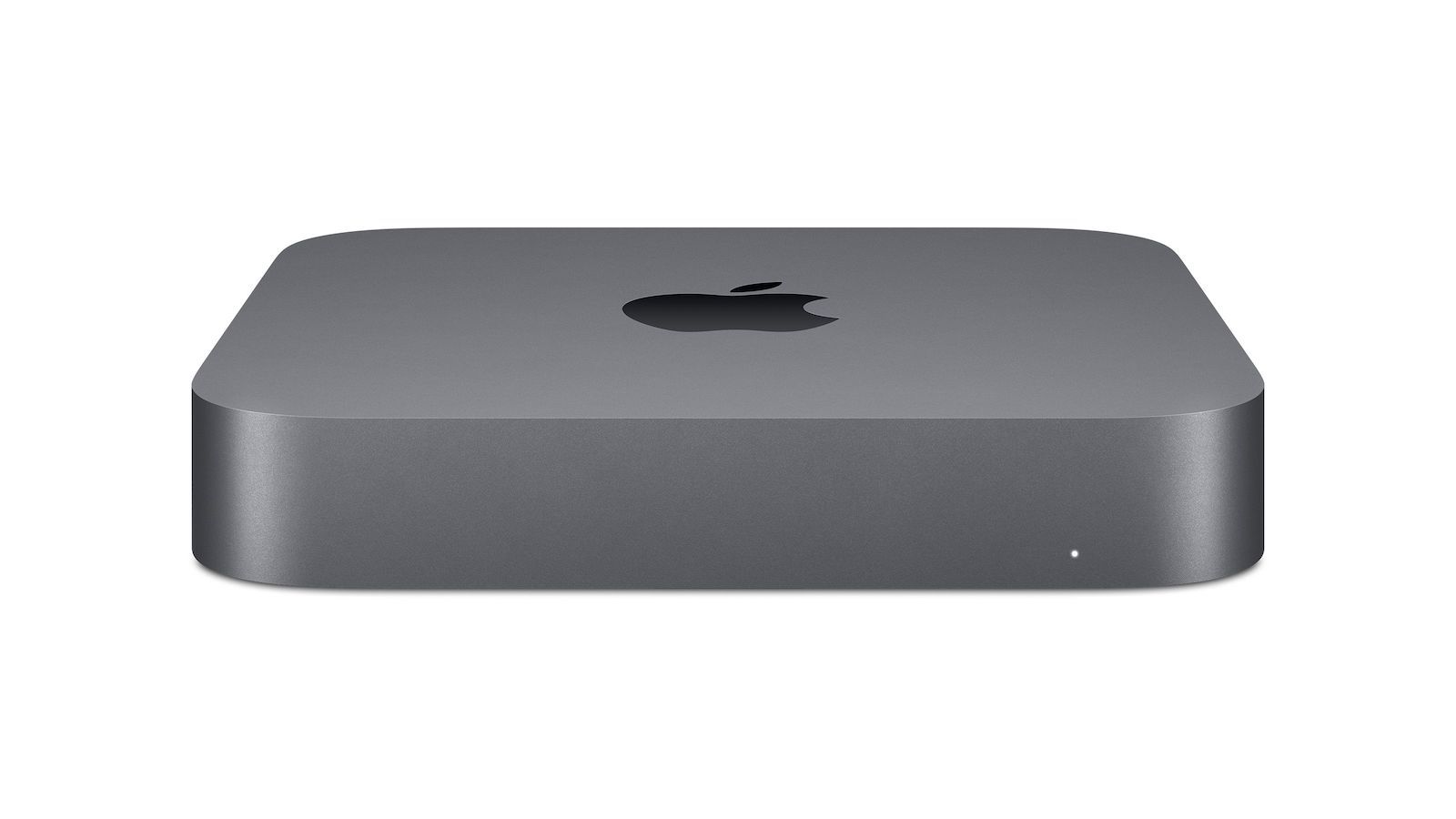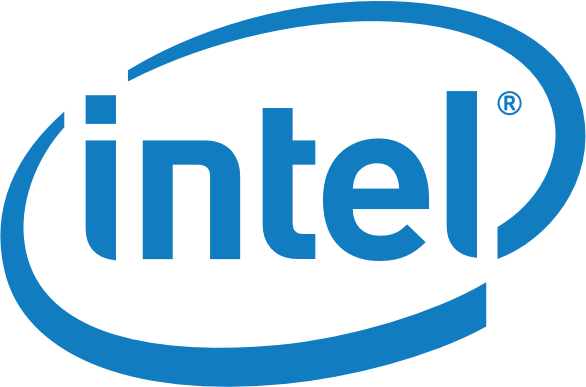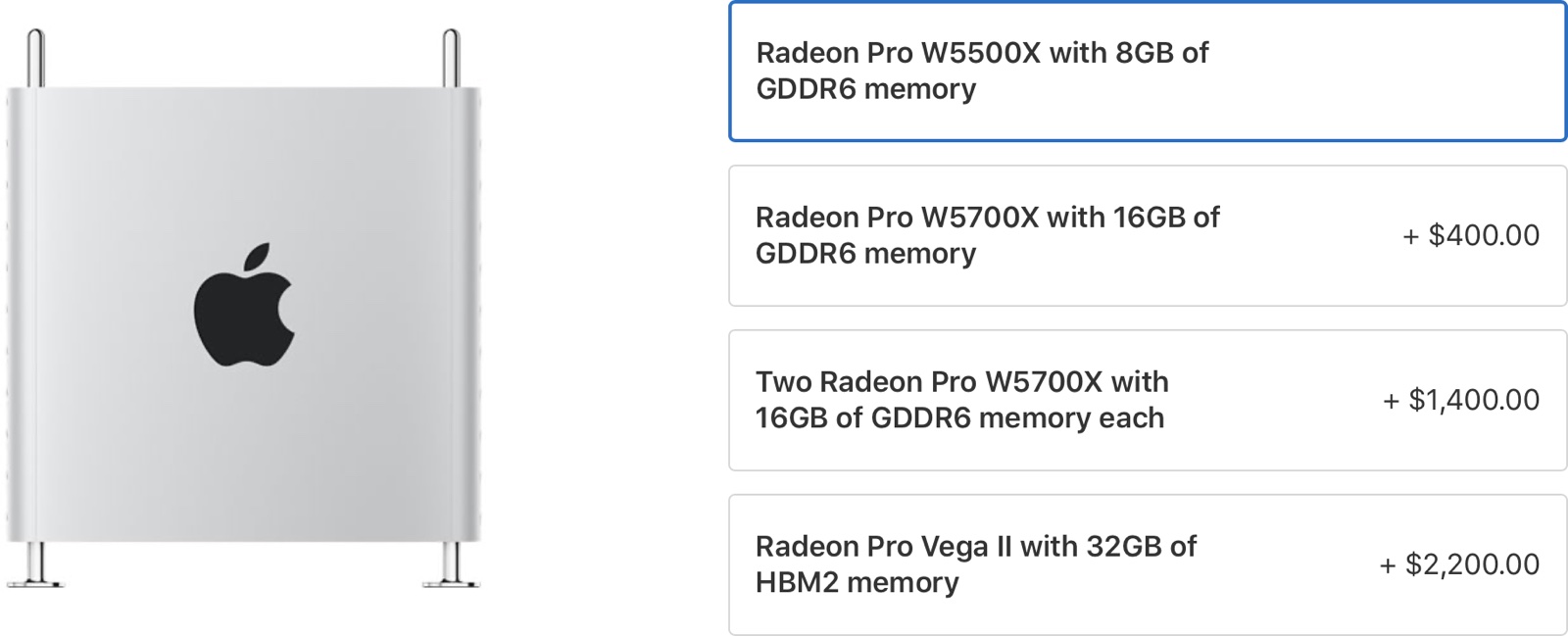...
[ The MP 2019 with an original W580 card can go to a W5500X
Apple's Mac Pro can now be configured with a Radeon Pro W5550X with 8GB of GDDR6 memory, a graphics card option that's a step above the entry-level Radeon Pro 580X but not as expensive as the W5700X graphics card that Apple introduced as an option in April. Upgrading a Mac Pro with the Radeon...

forums.macrumors.com
Or a W660X
]
"on the lastest versions". Versions isn't singular. XCode typically goes two versions back.

developer.apple.com
It shrinks as it get toward the end of a iteration.
Chuckle Sep 2023 Amazon is deploying M2 series hardware to there cloud services.
" ... 19 SEP 2023 ...
New EC2 M2 Pro Mac instances are powered by
Apple M2 Pro Mac Mini computers featuring 12 core CPU, 19 core GPU, 32 GiB of memory, and 16 core Apple Neural Engine and uniquely enabled by the
AWS Nitro System through high-speed Thunderbolt connections, offering these Mac mini computers as fully integrated and managed compute instances with up to 10 Gbps of
Amazon VPC network bandwidth and up to 8 Gbps of
Amazon EBS storage bandwidth. EC2 M2 Pro Mac instances support macOS Ventura (version 13.2 or later) as AMIs.
...
... In July 2022, we
introduced Amazon EC2 M1 Mac Instances built around the Apple-designed M1 System on Chip (SoC). Developers building for iPhone, iPad, Apple Watch, and Apple TV applications can choose either x86-based EC2 Mac instances or Arm-based EC2 M1 instances ... "
Today, we are announcing the general availability of Amazon EC2 M2 Pro Mac instances. These instances deliver up to 35 percent faster performance over the existing M1 Mac instances when building and testing applications for Apple platforms. New EC2 M2 Pro Mac instances are powered by Apple M2...

aws.amazon.com
Oct 2023 Apple Cloud services still hasn't gotten to M1 series yet (and folks working around compatibility bugs in workflow. )

forums.developer.apple.com
XCode Cloud may build universal binaries, but it substantantivly ignores and sidesteps actually testing universional binaries properly. It is much more aimed on churning out iOS apps and a relatively narrow nexus subset of the CI/CD process.








